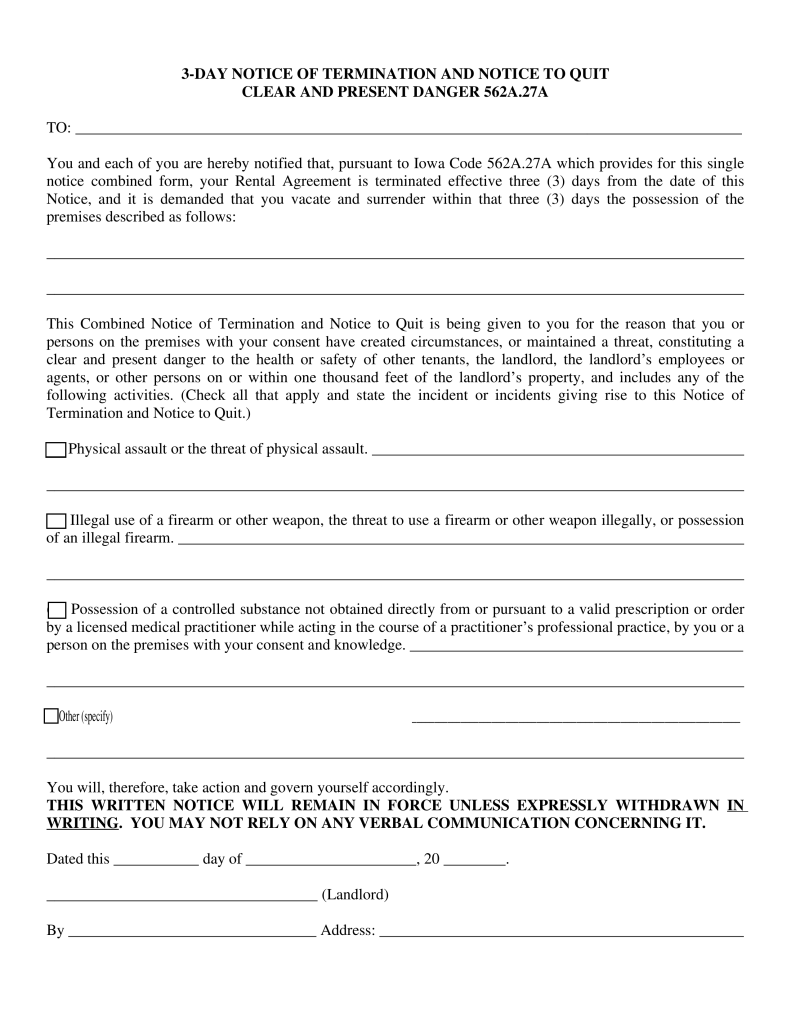The Ultimate Overview Of Eviction Process.

If the renter does not willingly, after the necessary notification has actually been correctly offered by the landlord to the renter, leave, the landlord may kick out the renter. In order to kick out the tenant, the proprietor should file an eviction suit, or unlawful detainer claim, in exceptional court. An unlawful detainer is the correct court case filed by a property owner to legally kick out a renter.
find eviction help In a civil lawsuit, including eviction suits, the property manager Is referred to as the "plaintiff" and the occupant is referred to as the "offender.".
In Van Nuys, an unlawful detainer case is a "summary" case or court procedure. This typically implies that the court actions progress and that the time provided the occupant is really quick. Usually, after being served with a copy of the proprietor's eviction grievance, the occupant has just 5 days to submit a written response. The response should be submitted at court and served on the property manager. Normally, a judge will hear and decide the case at trial after an action is submitted.
The court's eviction procedure ensures the occupant of their right to their constitutional right to due process, and a trial, in case the occupant believes that the property owner has no right to evict the renter. The property owner should utilize this courtroom treatment to evict the occupant; the property owner can not use self-help steps to cause the tenant to vacate. These are called "self-help" evictions. Self-help evictions are unlawful, a landlord might not physically get rid of, deny gain access to, or lock out the renter, effort to cut off utilities, such as electrical power, water or gas, eliminate or lock doors or windows, or take a tenant's personal residential or commercial property. The proprietor needs to utilize the courtroom treatments. If the proprietor uses unlawful or criminal techniques to force out a renter, the proprietor might go through and responsible for the renter's damages, in addition to legal charges of as much as $100 per day that the unlawful steps were utilized by the proprietor.
The court holds a hearing (trial) where the parties discuss their case and can provide their own evidence. The court will not evict the tenant if the court discovers that the occupant has a defense. If the court chooses in favor of the tenant, the occupant will not need to continue, and the proprietor might be purchased to pay court charges (by way of example, the renter's filing charges). The landlord likewise may need to pay the occupant's attorney's costs, even if the lease contract contains an attorney's cost provision and if an attorney represented the tenant.
If the court chooses in favor of the landlord, the court provides a writ of belongings that orders the sheriff to remove the occupant in the home, however provides the renter 5 days from the date which the writ is served to leave. In the occasion the renter does not leave by the end of the fifth day, the writ of ownership authorizes the sheriff to physically lock and get rid of out the renter, and take (take) the occupant's belongings which have been left in the rental unit. The landlord is not entitled to belongings of the rental system prior to after the occupant has actually been removed by the plaintiff.
legal citation If the eviction is based on the tenant's failure to pay lease, the court also might award the property manager Any exceptional rent. The court may award the property owner damages, court expenses, and lawyer's charges (if the lease contract or lease includes a lawyer's charge clause and if the property owner Was represented by an attorney). Rather than quiting the rental unit, maliciously, the court might award the property manager Up to $600 as a charge. The judgment against the tenant will be reported on the tenant's credit report for seven years.
Created at 2018-09-14 21:07
Back to posts
This post has no comments - be the first one!
UNDER MAINTENANCE